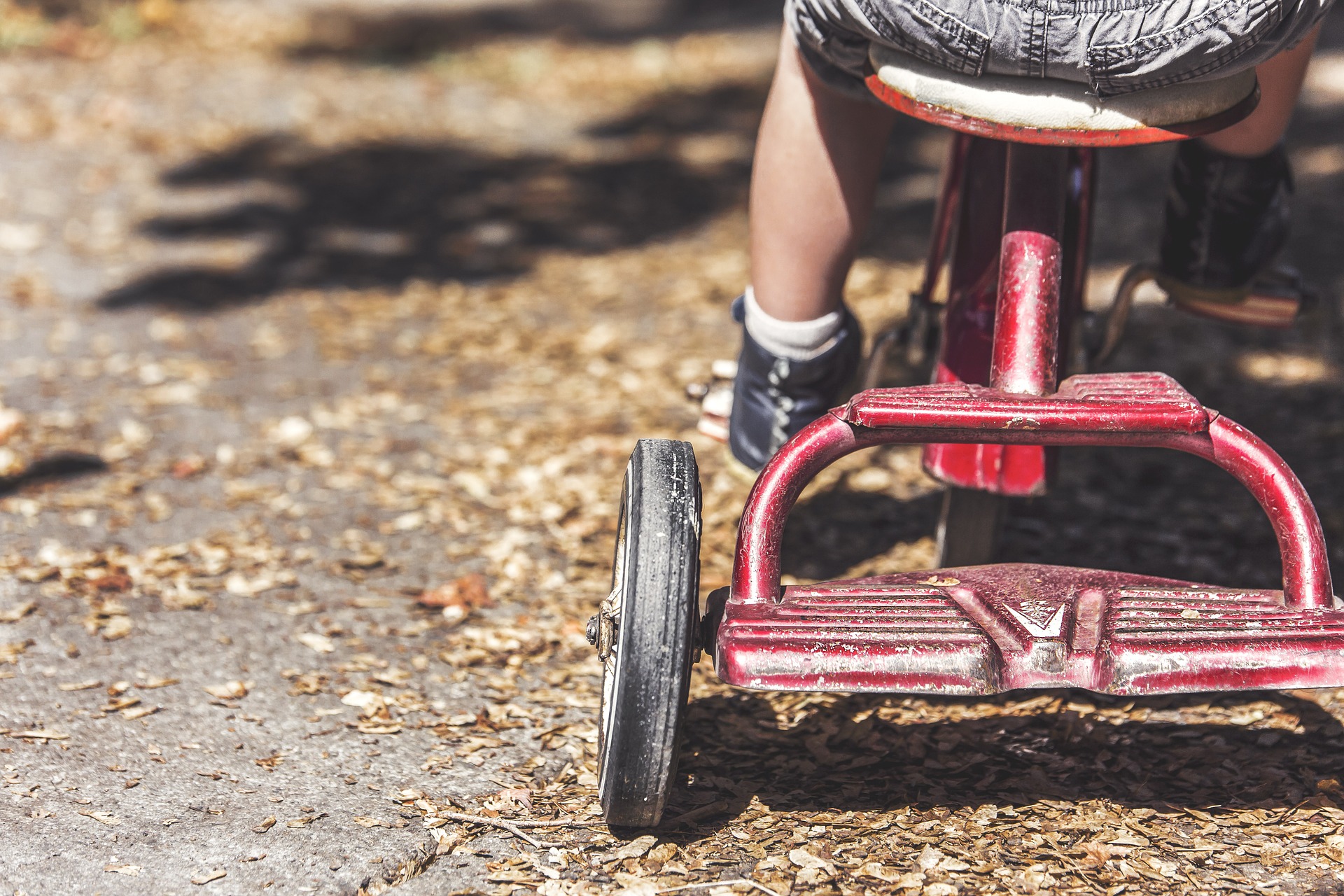The Welsh Government has made plans to scrap the legal defence for parents who use corporal punishment to discipline their children.
‘Reasonable chastisement’

Under the current law, so long as the punishment is ‘reasonable’ – something which is assessed on a case-by-case basis – a parent cannot be criminally convicted for smacking their child. Abolishing this defence, the government has promised, will make “life better for parents and children”.
But campaigners have warned that the change will turn ordinary parents into criminals. Lowri Turner, a ‘spokesmum’ for Be Reasonable Wales, said:
They’re trying to make out that a gentle smack on the back of the legs from a loving mum is the same as beating up your kids. Does anyone seriously think that that sort of abuse is not already illegal?
Citing opinion polls, the group says that a ban on corporal punishment is seen by the public as an unwanted intrusion by the government into family affairs. In one survey, 74% of respondents agreed with the statement that “a ban on smacking would likely criminalise reasonable parents while doing little to stop bad parents from abusing children.”
Dividing line

The issue has divided the Welsh Assembly, which narrowly voted against abolishing the smacking defence in 2015. This time, Welsh Labour has made a “firm commitment to seek cross-party support” for the measure, and will launch a consultation within 12-months.
Children’s groups have been quick to rally behind the government’s move. Children’s Commissioner for Wales Sally Holland said that abolishing the defence will accelerate a cultural change that is already taking place.
Fewer parents than ever resort to smacking these days and I believe that in the next generation we will look back on the current outdated law and find it astounding that we had a legal defence for hitting those more vulnerable than us.
What about human rights?

Corporal punishment has come before the Human Rights Court on several occasions.
In 1972, 15-year old Anthony Tyrer was made to pull down his pants, bend over a table and was flogged by police in the Isle of Man. The Human Rights Court found that whilst Anthony had not been subject to torture or inhuman punishment, he had been subject to degrading treatment which breached his rights under Article 3 of the Human Rights Convention.
In another case, the Human Rights Court held that a child’s rights under Article 3 had been violated when he was caned by his step father. He had been hit several times and was left with bruises across his body. The court also found that English law did not sufficiently protect children, prompting changes that made it illegal to hit a child in a way that causes damage (such as leaving a bruise).
Opponents to the smacking ban have pointed out that this type of abusive behaviour is already illegal. They say that resources should be directed at enforcing current laws, rather than creating new ones which could swamp the system.
Others, like Andy James – chairman of Children are Unbeatable – argue that there is no evidence from the 52 other countries which have outlawed smacking that suggests parents will be criminalised by the move.
This is an ongoing campaign, so stay tuned for updates. Follow the links below to learn more about this issue:
- Read our explainer on parental rights and how they are protected
- Check out our nifty infographic on Article 3 and the right not to be tortured
- Read about our interview with Jean Lambert MEP on the issue of children’s rights







